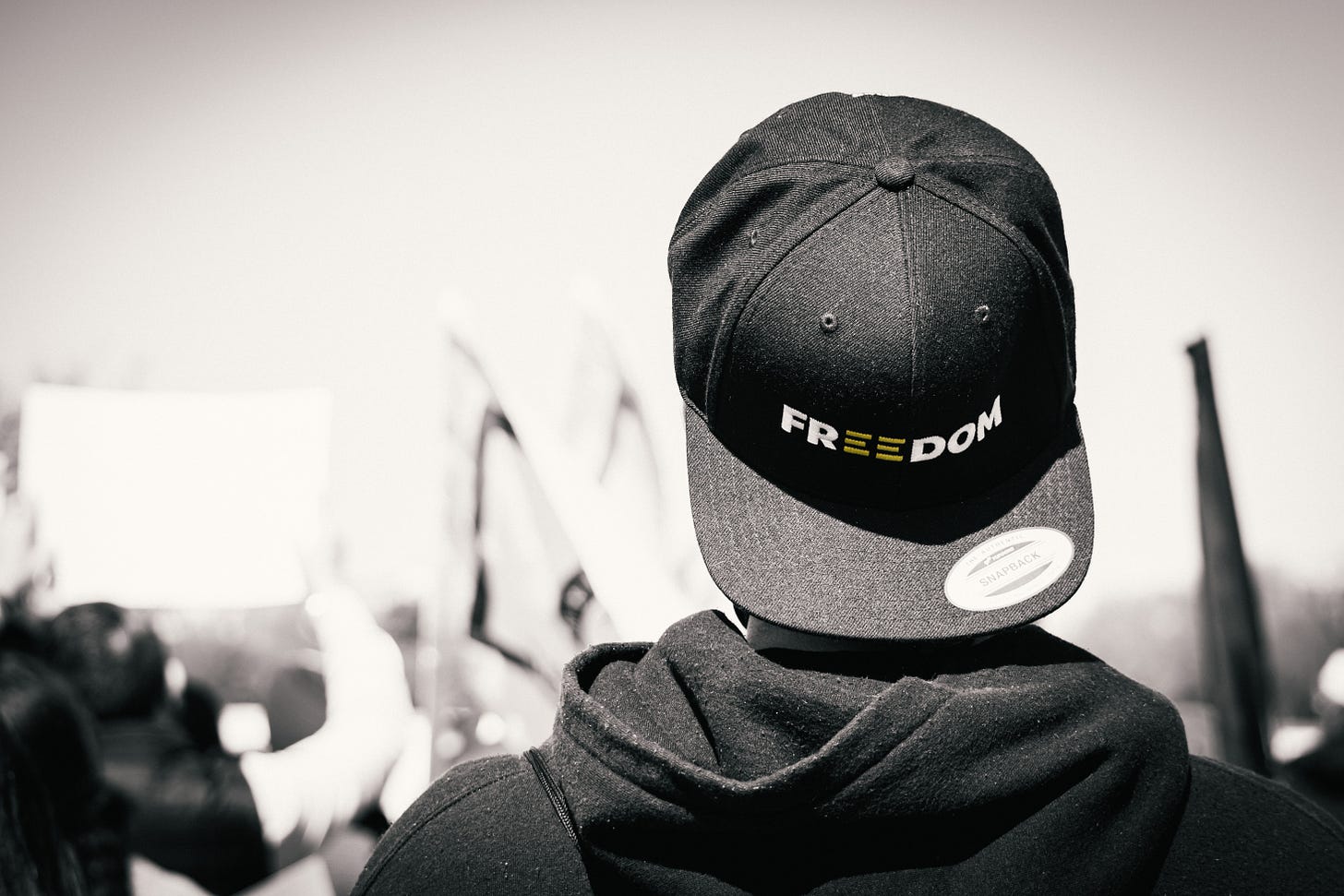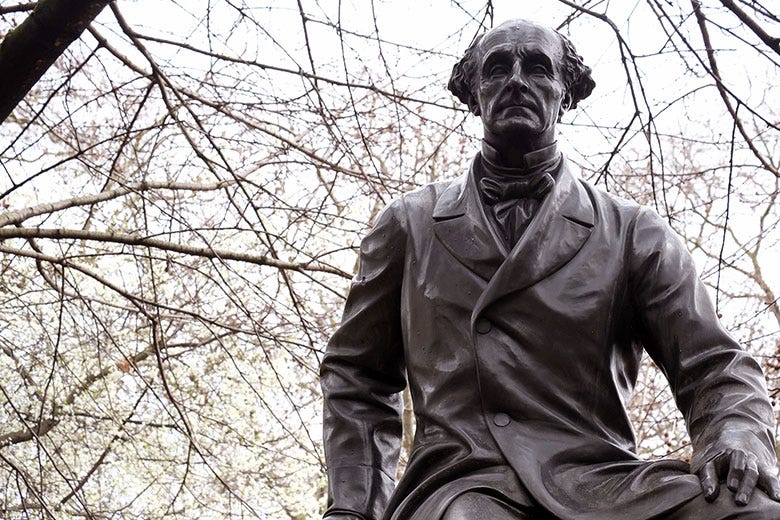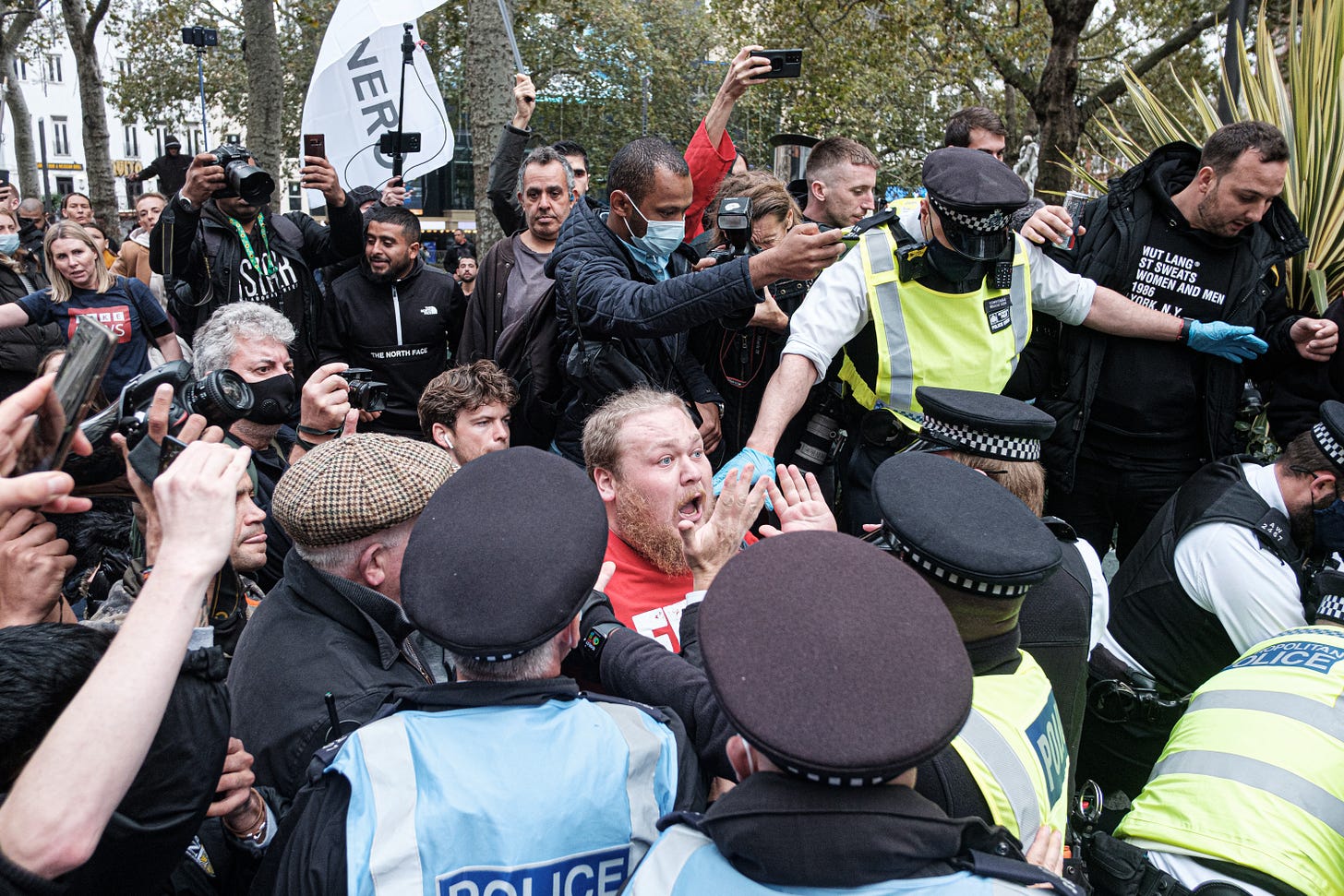Free Speech According To The Woke
Woke Authoritarianism, Free Speech And Cancel Culture
Woke Authoritarianism, Free Speech and Cancel Culture
“What is freedom of expression? Without the freedom to offend, it ceases to exist.”- Salman Rushdie
Today we see a marked uptick in political and social pressures exerted to “cancel” controversial academic research, clamp down on traditional intellectual freedoms (only recently deemed offensive), suppress free speech, and in the assertion of false claims of “harm” weaponized to disingenuously censor scholarly works “Critical Social Justice” activists deem offensive.
We typically hear of papers being retracted from scientific journals, and academic colleagues throwing each other under the proverbial bus in a mad dash to virtue signal. Organizations and Institutions issuing endless streams of apologies, in most cases for “harm” a given discussion of forbidden knowledge has caused. Initially contained to University campuses, these unfortunate but defining characteristics of the culture wars, now thoroughly pervade society.
In the chapters ahead, examples of cancellation are highlighted. The shocking number of cases of people loosing their jobs and/or experiencing other forms of actual harm, for the most innocuous reasons, in my view demonstrates woke authoritarianism at it’s worst. For now, we turn to a great Canadian mind, at the University of Toronto, Centre for Ethics.
Joseph Heath (Professor of philosophy, University of Toronto), is no stranger to the challenges of woke activism and the culture wars. In describing a phenomenon he calls illiberal liberalism and referring to the spirit of John Stuart Mill’s essay On Liberty (specifically the limitations of free speech as they relate to the poorly defined contours of “harm”).
Heath writes:
“Modern enemies of free speech have found ways to formulate their demands for punishment in ways that violate the spirit, but still respect the letter of those very principles. Most obviously, they take advantage of certain exceptions to the general prohibition on content-based restrictions.”1
The “exception to the general prohibition” on restricting speech we are concerned with is the concept of harm. Does your speech cause serious harm to someone else? If so, according to Mill’s famous essay, a free speech limitation is justified.
Professor Heath, through his notion of illiberal liberalism explains how “woke activists,” on one side of the coin, use liberal channels to prohibit speech by asserting claims of harm. But the illiberal side of the coin shows that superficial and often weak claims of harm are wildly exaggerated. Hardly the “serious harm” referred to by Mill. Professor Heath writes:
“When they come across something they don’t like, rather than calling for censorship on the basis of content, they will instead attempt to restrict it on the grounds that it causes harm. Of course, they are smart enough to realize that the mere fact that it upsets them is not enough to qualify as a harm. So they posit a causal connection to a more serious physical or psychological harm.”
The Trans activist claim of harm caused by discussions concerning gender science/ideology asserts a causal link to trans suicide rates. Black Lives Matter’s claim that “silence is violence” sees a causal link between an individual's choice to remain silent, with BLM’s asserted claims of widespread anti-black violence. A Feminists claim of harm when “victims are not believed,” asserts a causal link between questioning the validity of claims in general, with the psychological harm of silencing similar potential claims, when untold numbers of “victims” are too disenfranchised to come forward.
“The suggestion that upsetting someone who belongs to a social group with an elevated suicide rate should count as a “harm,” sufficient to justify restrictions on speech, is not a defensible conception of harm. Young white American men who own guns also have an extremely high rate of suicide, and yet no one worries much about hurting their feelings.” - Joseph Heat
Should activists have such power over academic scholarship? Do we want to silence detractors of new orthodoxies? Can activists (and their methods) be criticized at all? How can we push back against false claims of harm used to suppress speech?
These, and many other seemingly benign questions until very recently seemed like no-brainers in supposedly free and open societies of the West. Things have recently changed for the worse and continue to do so. Freedom of speech and the academic freedoms associated with unfettered inquiry are under serious imminent threat.
But by pushing back and asserting empirical and scientific methods over anecdote and individual truth, using logic and reason and not accepting ahistorical assumptions and unfair indictments of the west, reasonable people stand a good chance of reclaiming some civility in public discourse, lost academic freedoms and the once taken for granted, right to question and criticize anything.
This is the third installment of “The Woke West: The Identity Politics, Cancel Culture, Radical Activism And Forbidden Knowledge Dividing The West...And What You Can Do About It!” - A book by James Pew, published serially to The Turn Substack.
Thanks for reading! Next Up, The Woke North: The Canadian Perspective and Ignoring Exceptional Thinkers
Woke Tactics Are Important As Woke Beliefs -





